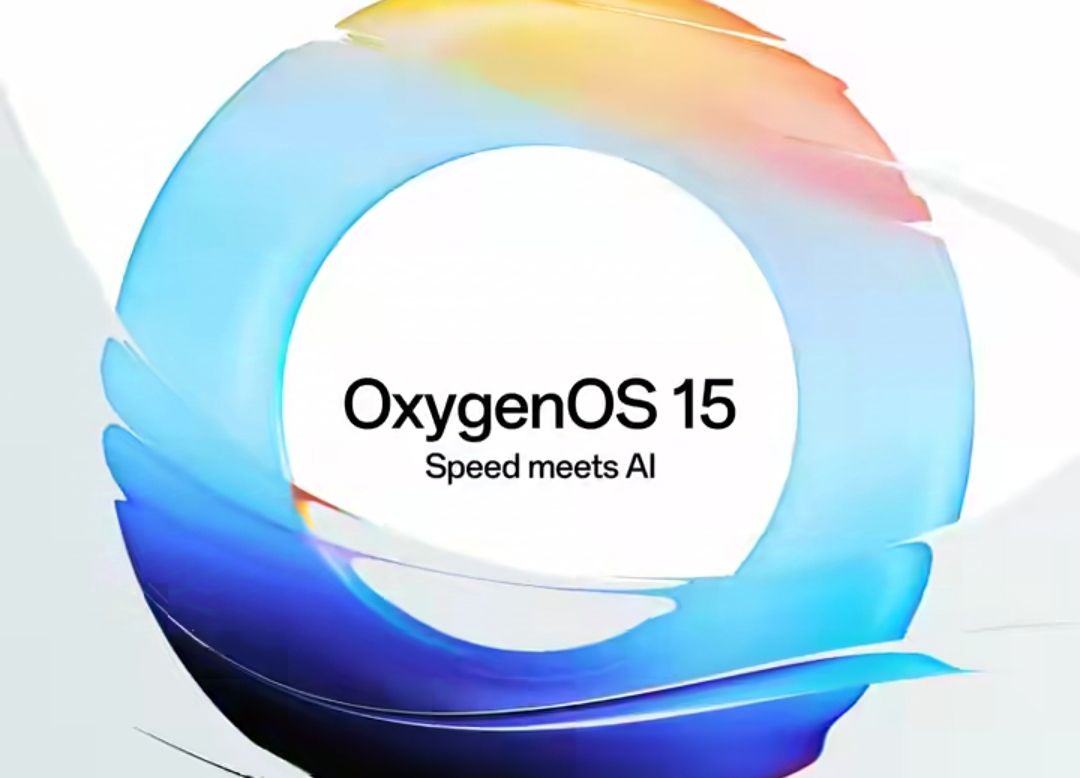Google AI, the revolutionary suite of artificial intelligence technologies developed by Google, is poised to redefine the digital landscape. By integrating cutting-edge machine learning models with user-centric innovations, Google AI promises to make everyday tasks more intuitive, efficient, and personalized. Here’s an overview of its standout features:
Natural Language Understanding and Processing
One of the key highlights of Google AI is its exceptional proficiency in natural language processing (NLP). Powered by advanced models like BERT and LaMDA, Google AI can understand, generate, and respond to human language with unparalleled accuracy. This enables seamless interactions in Google Search, Assistant, and other services, providing users with answers and recommendations that are both contextually relevant and conversationally natural.
Enhanced Search and Information Retrieval
Google AI takes search capabilities to the next level. By leveraging AI-driven algorithms, users can experience more accurate and nuanced search results. Features like Multimodal Search allow users to search using a combination of text, voice, and images, delivering results that reflect a deeper understanding of intent. Google AI also uses machine learning to predict and recommend content tailored to user preferences.
Generative AI in Creative Tools
Generative AI models are a game-changer in creative industries, and Google AI is integrating these technologies into its platforms. From designing presentations in Google Slides to enhancing photos with Pixel’s editing tools, users can expect AI-generated suggestions, designs, and edits that are creative and professional. The introduction of text-to-image generation and real-time video enhancements will further broaden creative possibilities.
AI-Powered Assistance Across Devices
Google AI integrates seamlessly across devices, making multitasking effortless. With smarter Google Assistant features, users can receive proactive suggestions, reminders, and insights. Enhanced voice recognition capabilities allow for better device control, even in noisy environments. Moreover, AI’s predictive capabilities can anticipate user needs, from suggesting apps to optimizing settings for productivity.
Personalization and Contextual Awareness
Understanding user behavior and context is a cornerstone of Google AI. The system learns from user interactions to provide tailored suggestions and recommendations, whether it’s organizing emails in Gmail or curating playlists in YouTube Music. Contextual awareness enables Google AI to adapt responses and suggestions based on location, time, and user activity, making it a true personal assistant.
Vision and AR Integration
Google AI’s advancements in computer vision are transforming the way users interact with visual content. Features like Google Lens allow users to search and analyze the world around them using their smartphone cameras. Coupled with augmented reality (AR), Google AI can overlay information on physical objects in real-time, making learning and exploration more immersive.
Sustainability and Ethical AI
Google has emphasized the importance of ethical AI development. By ensuring transparency, inclusivity, and accountability in its AI models, the company is committed to minimizing bias and protecting user privacy. Furthermore, Google AI aids in addressing global challenges, from optimizing energy usage to enhancing accessibility for people with disabilities.
Continuous Learning and Adaptation
The ability to learn and adapt is intrinsic to Google AI. Regular updates and feedback loops ensure that the technology remains cutting-edge and responsive to evolving user needs.
With its transformative features, Google AI is set to empower individuals, businesses, and communities worldwide, creating a smarter and more connected future.



